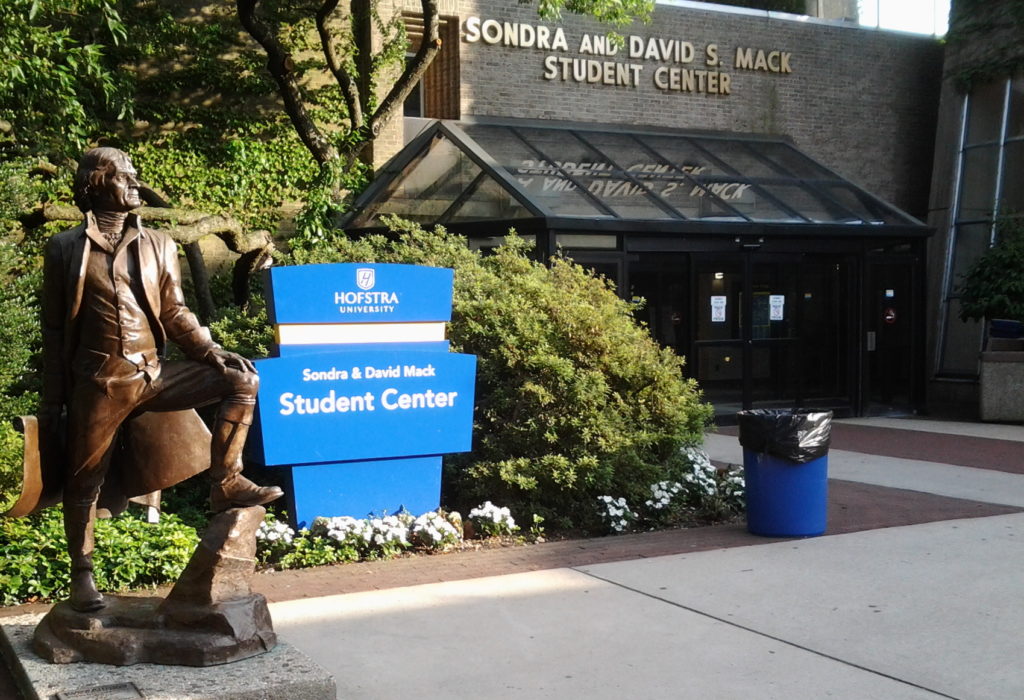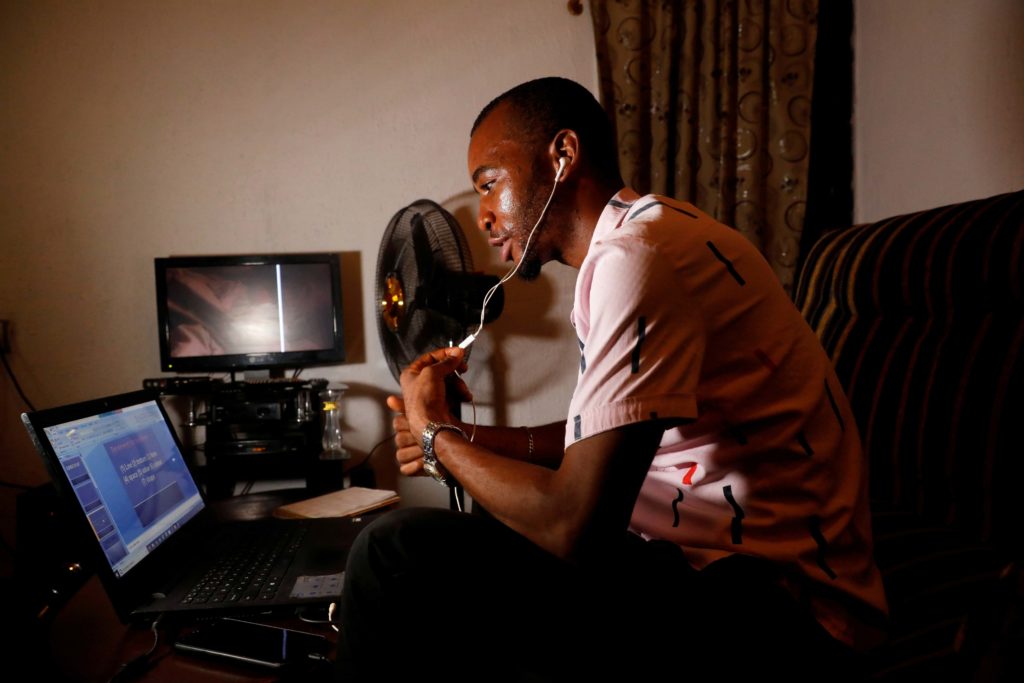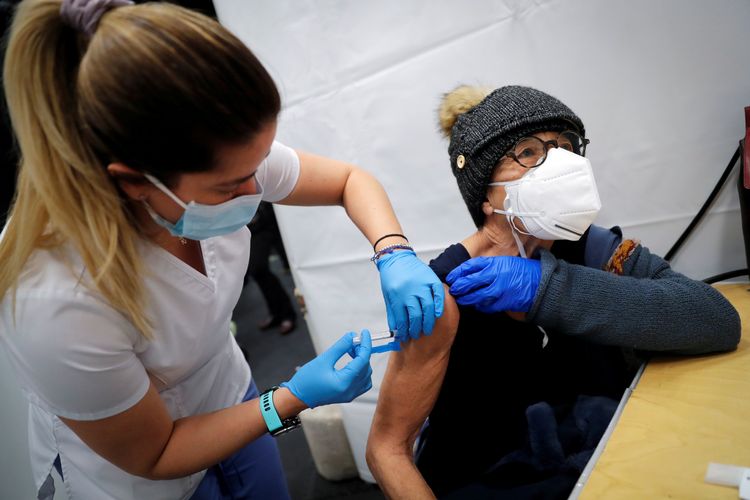As Ryan Weinstein, a biology major at Hofstra University, enters his senior year, he, like thousands of other incoming seniors at Long Island schools, took the time to reflect on an unimaginable four-year stretch to this point.
“My freshman year being the height of Covid definitely set a bad start as a template for college,” he recalled. “There were many difficulties socially since there were limited interactions with other students as well as strict rules.”
Despite that, Weinstein feels a sense of personal growth when he thinks about his place during next May’s graduation for the 2024 class.

The impact of COVID on college students
“My experiences at college progressively got better each year, so I’m excited and optimistic about what my senior year will be like.”
What lies within the experiences of many incoming college seniors is a palpable sense of resiliency.
Smita Majumdar, Ph.D., the executive director of Counseling and Psychological Services at Stony Brook University, described the drastic shift she has seen among students over the past four years, and how overcoming such challenges is a testament to their strength.
“‘It’s kind of a crime that they have lived through the pandemic.” she said. “But they are graduating college and have achieved what they set out to achieve despite all the challenges and struggles. I’m hoping that the senior class really sees themselves as doing amazing that they survived this.”
But there is a grim side to the soon-to-be celebrations. Kids were stripped of invaluable experiences and instead had to adapt like no other generation before them. And with that adaptation came loss for many.
“But some people are really struggling with the losses, right? They’re focusing on the loss so it’s so individualized, based on who the person is and how they see the world that will really shape how they kind of understand what happened to them,” Majumdar added. “But overall, as human beings, I would say that once we go through the trauma, many, many more people than not look back at the trauma and feel a sense of accomplishment and a sense of growth from it.”

The positives of the COVID factor
One of the widely regarded positives that has risen from these students’ experiences is the much more open and candid discussions around mental health and social well-being.
Faculty and staff alike agree that the more open and understanding students and faculty, and vice versa, were with each other, the smoother difficult times were.
“I think we’re much more effective at addressing mental health now than we were,” Peter Gergen, Ph.D., the director of the Center for Developmental Genetics at Stony Brook said. “They started school at a very, very challenging time. Had a lot of stuff thrown at them right at the beginning and overcame it.”
While college life may not have seemed normal until last year for Weinstein or many other incoming seniors, they should, as Majumdar pleaded, “have a sense of resilience and triumph that should be the focal part of their upcoming graduation.”


































